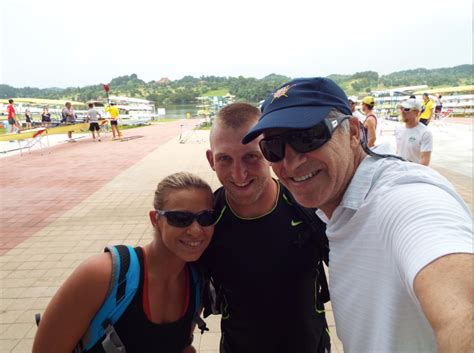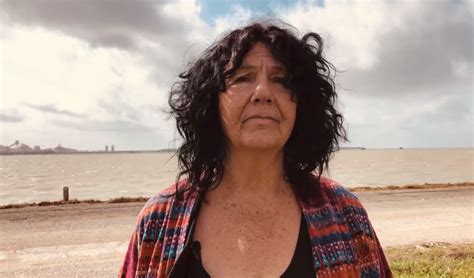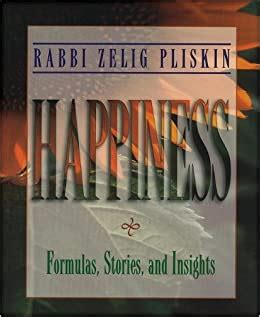A Quote by Warren MacKenzie
We were more fortunate than most, because [Bernard] Leach had been in America on a lecture tour in 1950, and we made arrangements to travel from America back to England with him on the same boat. It was a very slow boat. I think it took us about seven days to cross the Atlantic.
Related Quotes
We had a wonderful trip, a seven-day trip, talking and sitting in the sun and so forth [with Bernard Leach]. And as we were approaching England, Leach said, "Do you have a place to live?" And we said, "No, we didn't." We hadn't worried about that. But Bernard had just separated from his second wife, which we had not realized, and Bernard was a person who could not stand to live alone. So he said, "Would you like to share my house with me?" Naturally we said yes.
We [with Alix MacKenzie] had decided we needed further training, and certainly Leach was the one we turned to. So we went to England this summer and we took examples of our work along with us and showed them to Bernard Leach and told him what we were trying to do. And of course he took one look at our work and he said - very quickly he said, "I'm sorry, we're full up," and this was his way of politely saying, you just don't make the cut.
In fact, [Bernard Leach] was several generations removed from us. At that time we were there, I think Alix [MacKenzie] and I were 26 and 28, and Leach was about 63, and we thought he was a very old man. I used to always want to help him up the stairs in the house for fear he'd fall. Actually, he was in excellent condition and lived to be much, much older than we ever expected.
In searching for further training we turned to England and Bernard Leach. We thought since we had responded to his book so strongly that this would be the sort of training that we would like to have. We saved money, during the summer went to Europe, and the first stop was to go to England, visit the Leach Pottery and ask Leach if he would take us on as apprentices.
[It is hard to know what is good luck and what isn't and therefore whether we should be happy or sad about it. Only time will tell. For example...] The Talmud relates a story about two people who wanted to travel by boat. One broke his foot and was unable to make the trip, while his friend got on the boat. The one who missed the boat cursed his misfortune. A few days later, however, he heard that the boat sank and all the passengers drowned.
David Attenborough has said that Bali is the most beautiful place in the world, but he must have been there longer than we were, and seen different bits, because most of what we saw in the couple of days we were there sorting out our travel arrangements was awful. It was just the tourist area, i.e. that part of Bali which has been made almost exactly the same as everywhere else in the world for the sake of people who have come all this way to see Bali.
Friends of Bernard's [Leach] came to visit, and when we went to London, we were given introductions to people like Lucie Rie, Hans Coper, Richard Batram. All these people were, let's say, made available to us by a friendship with Leach. In addition there was a potter's group - what was it called? I think it was called the Cornish Potters Society, but I'm not sure of that. Anyway, they had meetings and we would go with Leach to these meetings and meet other potters, and they would have programs where they would discuss pottery and people would interchange ideas.
I do remember that when we left [Bernard Leach] after two and a half years, we went home on a boat again - this was before air travel became really easy - and Alix [MacKenzie] turned to me and she said, "You know, that was a great two years of training, but that's not the way we're going to run our pottery."
In my early teens, I read every bound volume of the magazine Punch. Every writer of any distinction in the English language, and I mean including America and England, at some time wrote for Punch. Jerome K. Jerome, who wrote Three Men In A Boat, I loved. I was very impressed when I read a piece by Mark Twain in Punch, and realized that despite the fact that they were on different continents, Jerome K. Jerome and Mark Twain had the same kind of laconic, laid-back, "The human race is damn stupid, but quite interesting" attitude. They were almost talking with the same voice.
Despite the fact that an Indonesian island chicken has probably had a much more natural life than one raised on a battery farm in England, people who wouldn't think twice about buying something oven-ready become much more upset about a chicken that they've been on a boat with, so there is probably buried in the Western psyche a deep taboo about eating anything you've been introduced to socially.
China was the most optimistic place I'd ever been. Everybody I met was pretty much convinced that their children would have it better than their parents had had it. It was like being in America in the 1950's, with this deep optimism about the future because everything was getting better, and that fascinated me.
























